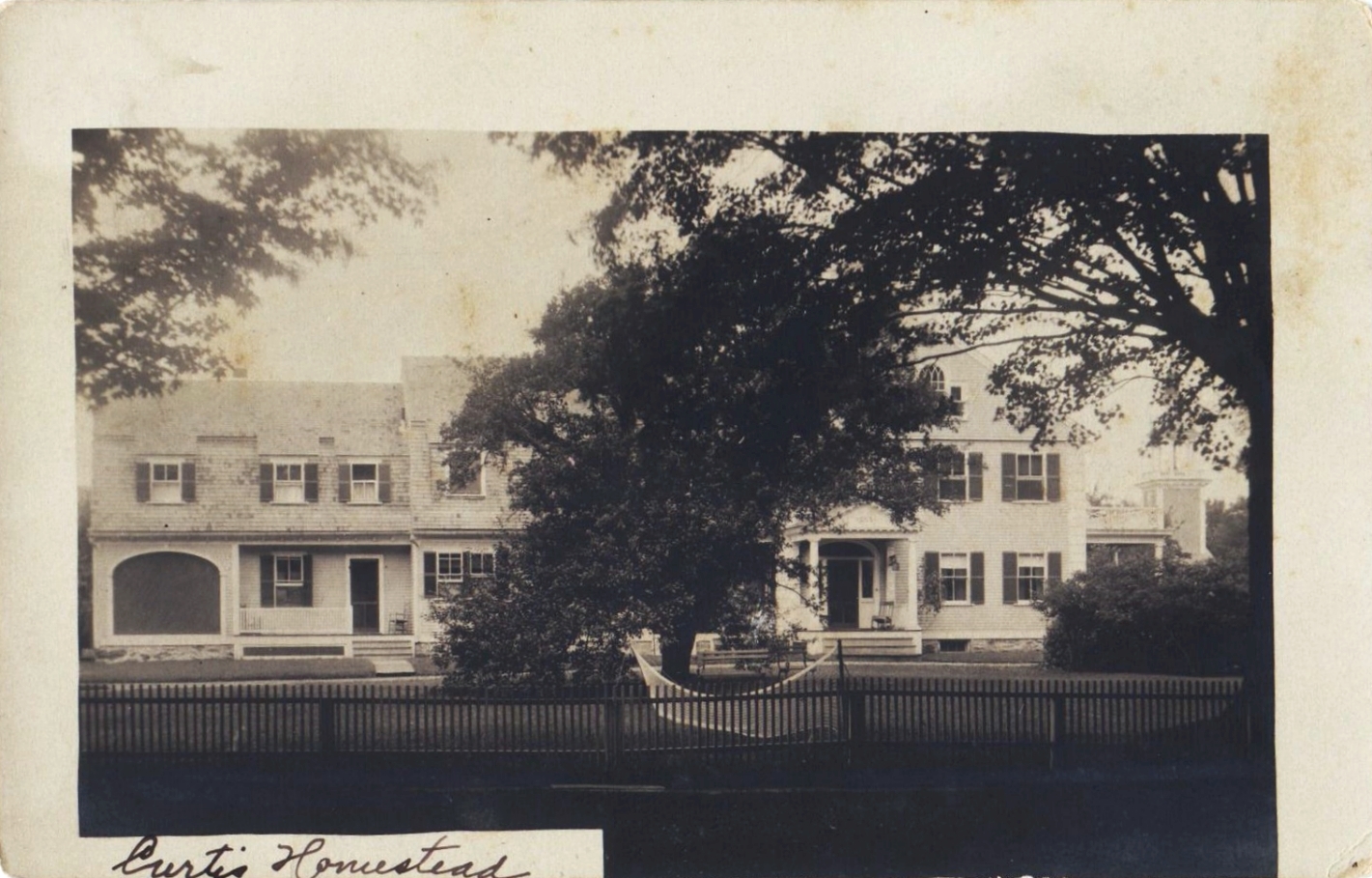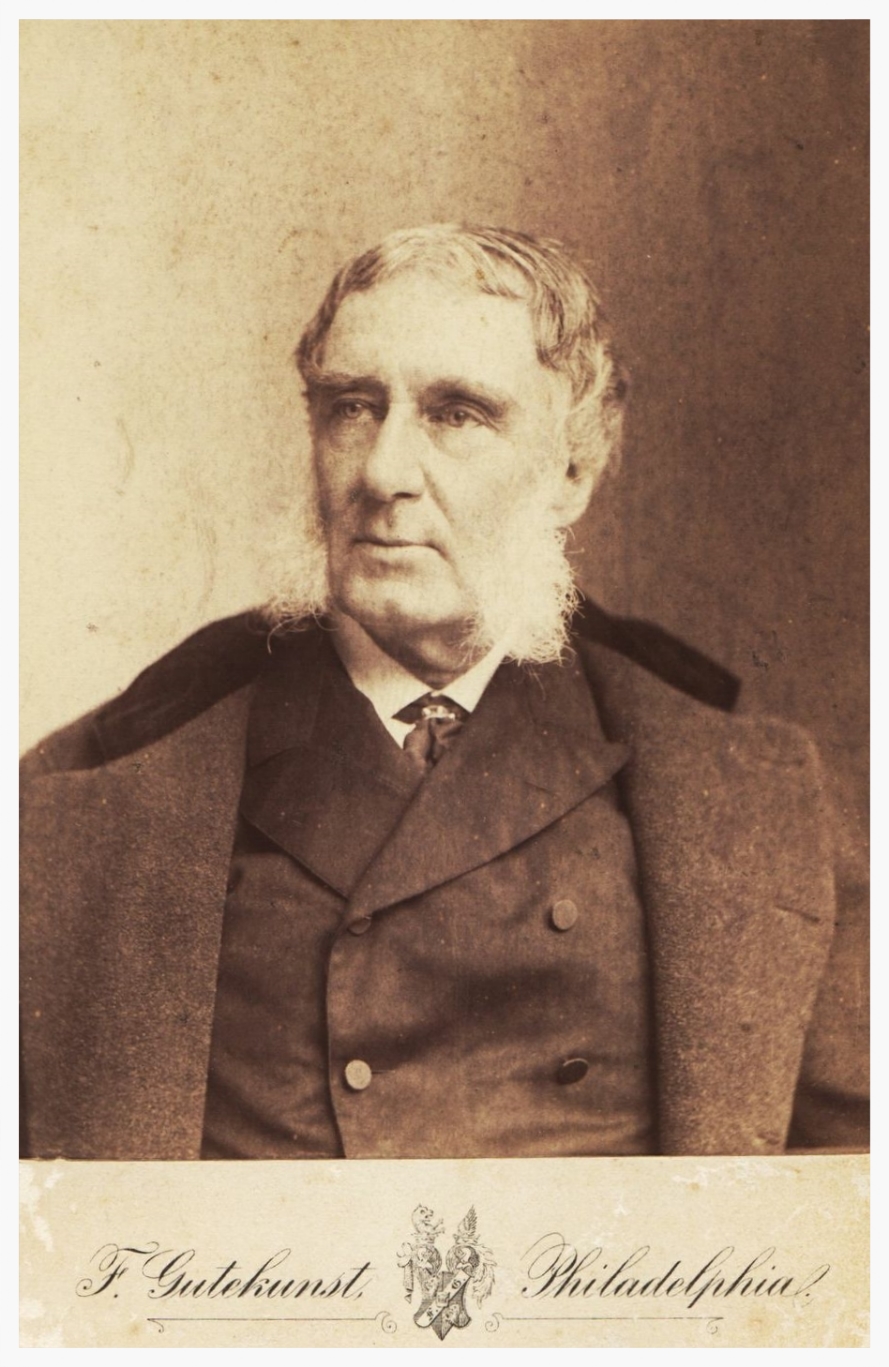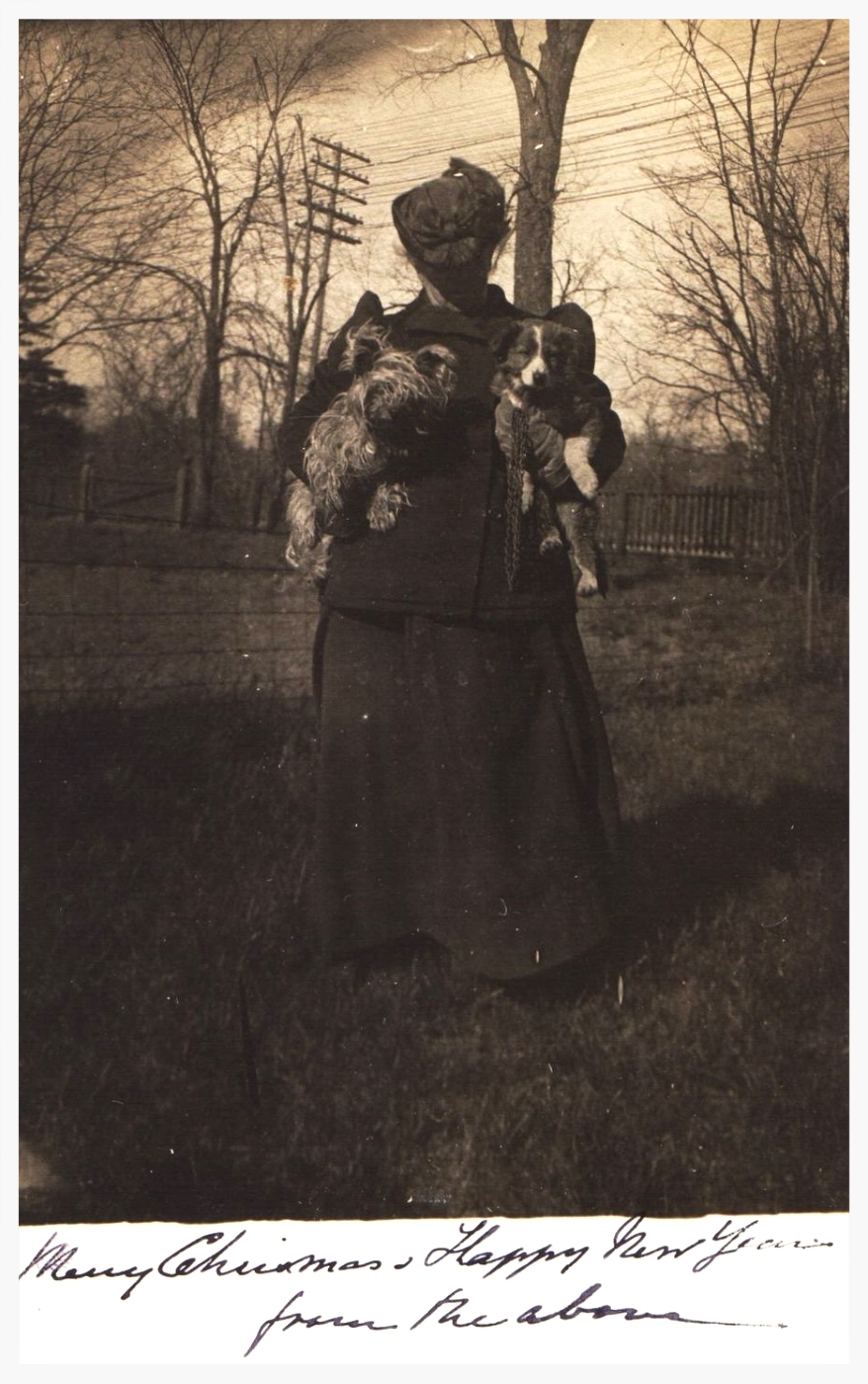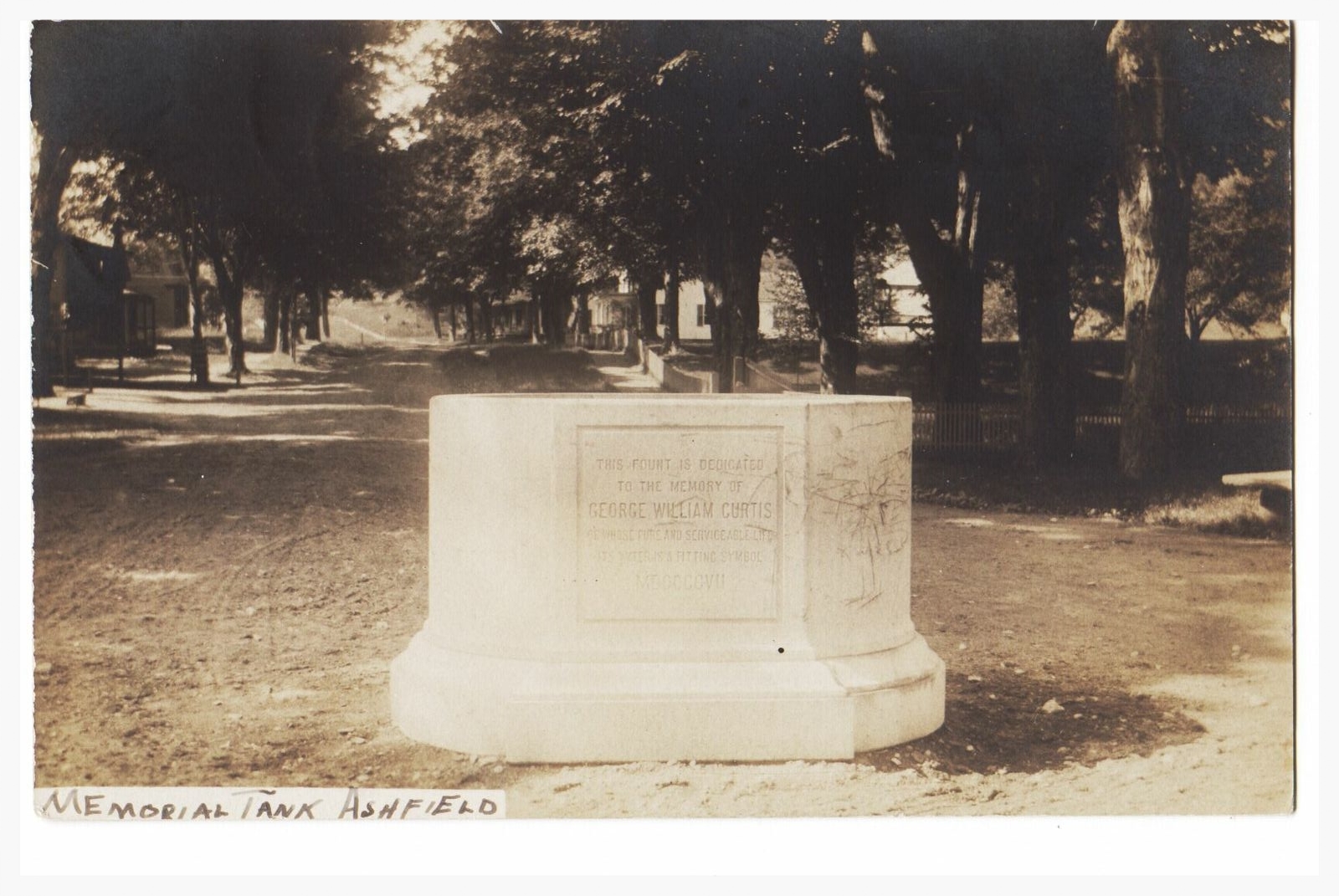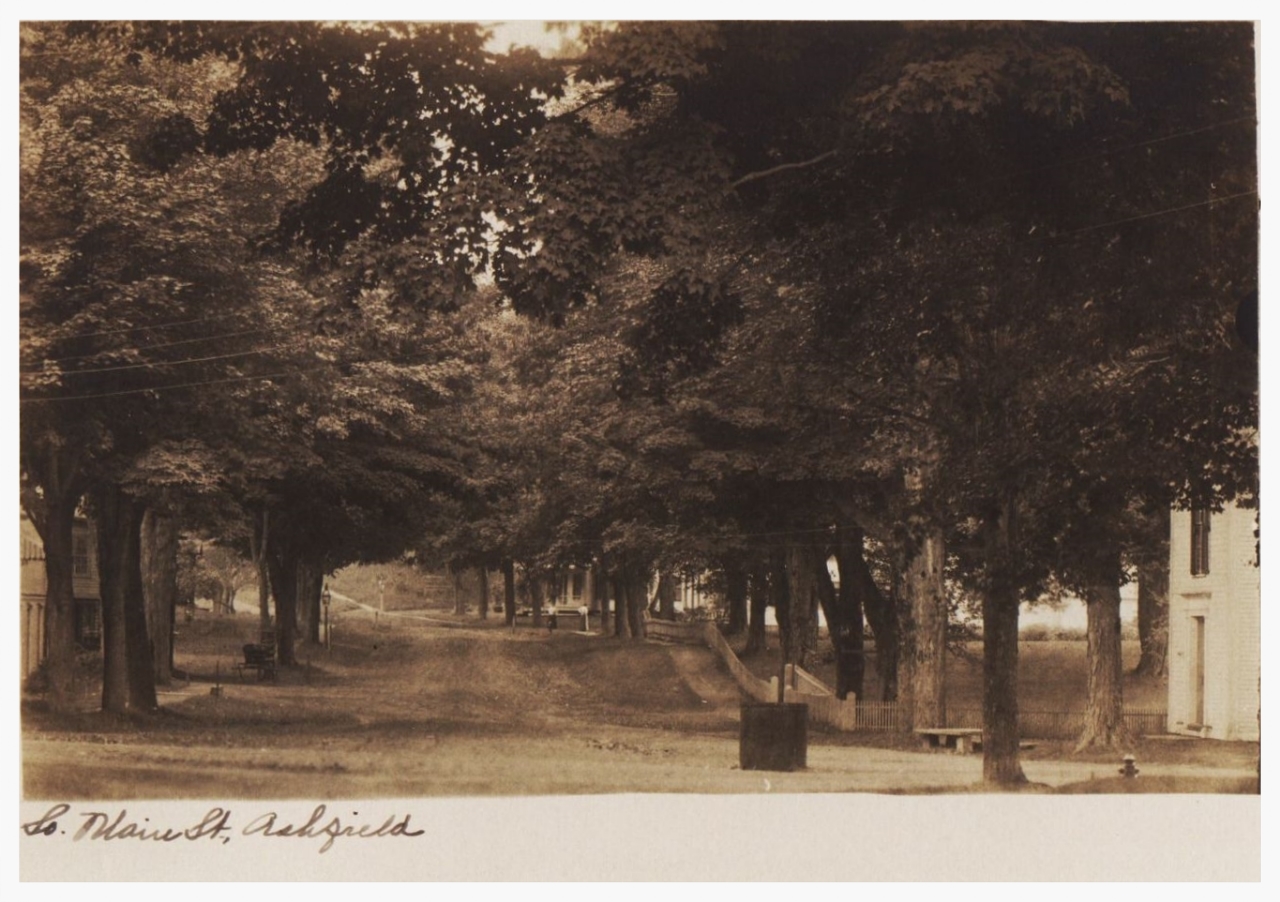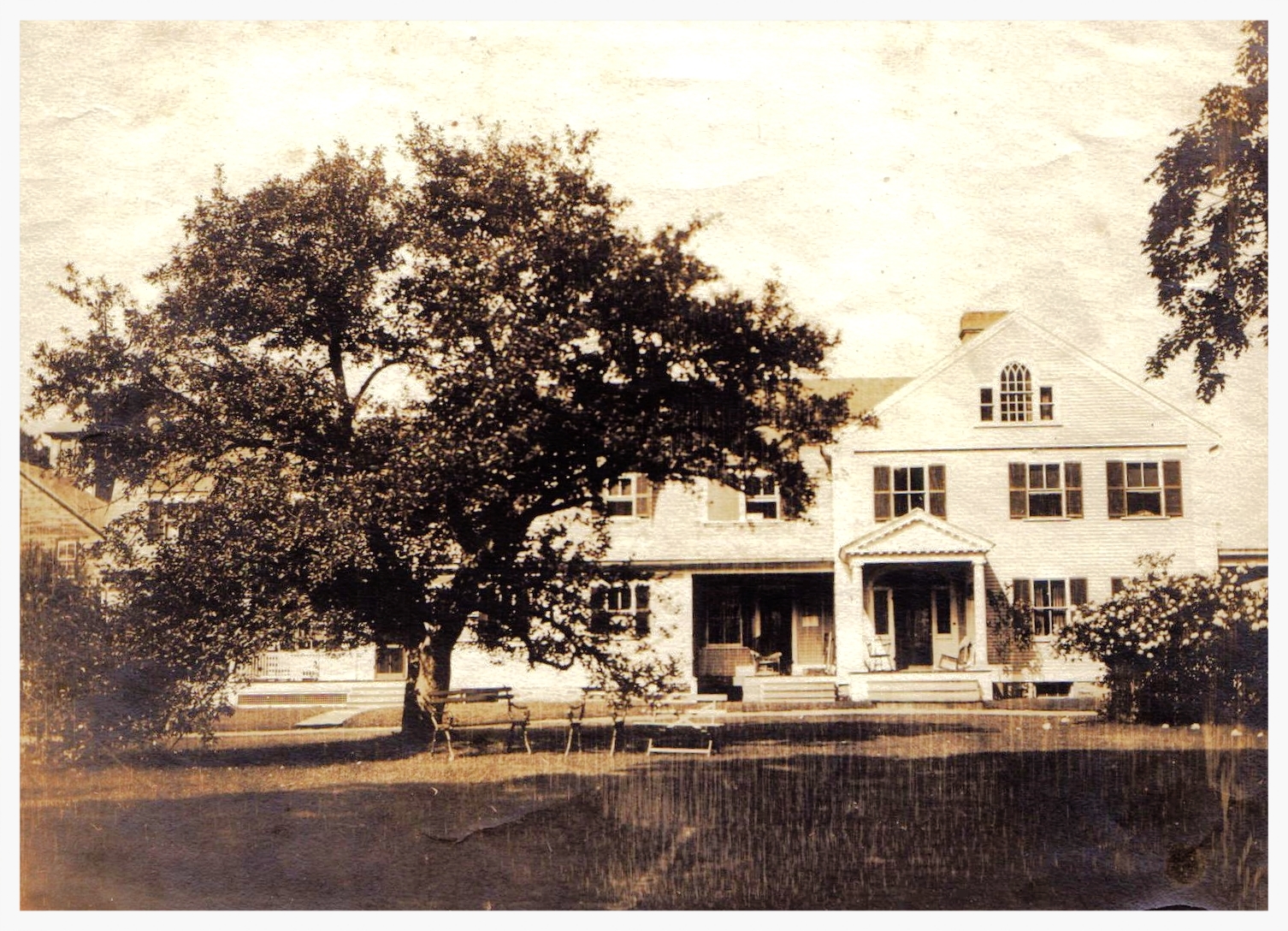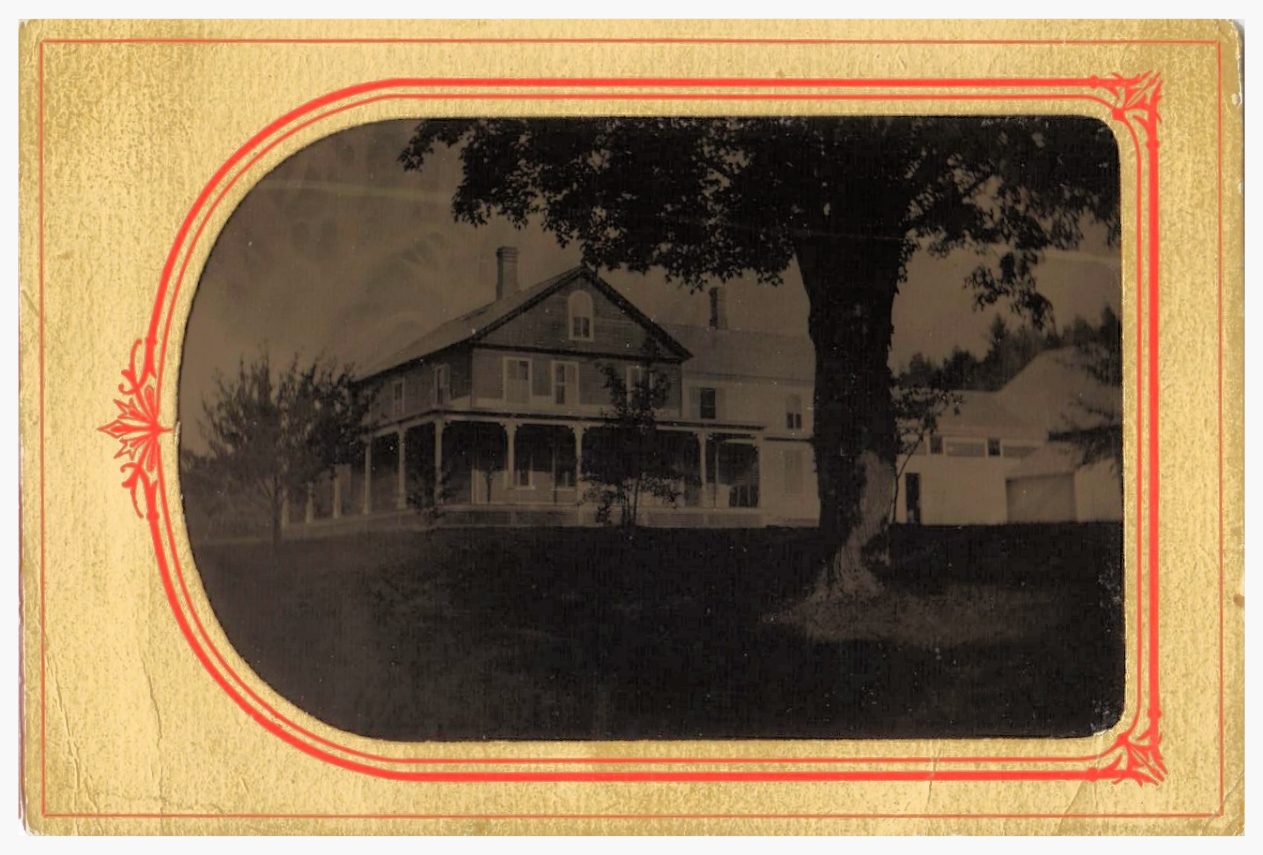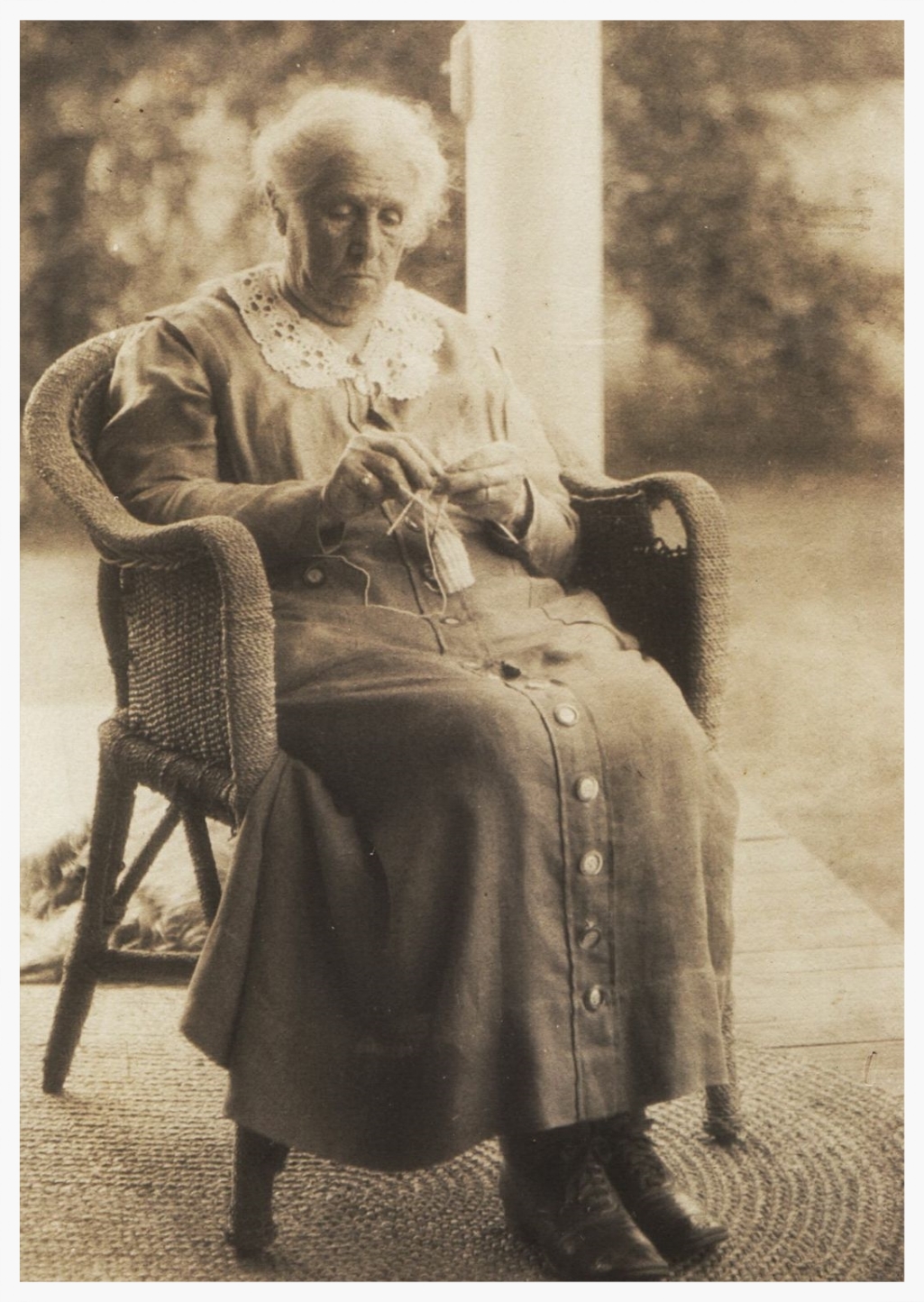George William Curtis (1824-1892)
Lecturer, Novelist, Essayist, Journalist, Editor, Travel Writer.
The Curtis House is named for George William Curtis, who along with his wife Anna Shaw, called this home in the summers. Curtis was born in Rhode Island and educated in Massachusetts along with his older brother James, an influential figure in his life. When Curtis was a teenager, the family moved to New York City where he began a clerkship. Due to his growing interest in the Transcendentalist Movement, Curtis, along with his brother, resided for two years in the utopian community at Brook Farm. It was at Brook Farm that Curtis met, learned from, and was influenced by the notable residents and visitors of the place, including Nathaniel Hawthorne, Charles Anderson Dana, Margaret Fuller, George Ripley, Theodore Parker, and Ralph Waldo Emerson, who was to become a strong influence on his thinking.
Curtis eventually left Brook Farm and began a period of travel that took him through Europe, Egypt, and Syria. Accounts of these trips were published in the New York Tribune. During the 1850s, Curtis worked as a critic and travel writer for the Tribune, an editor for the critically acclaimed Putnam’s Magazine, and a columnist for Harper’s Monthly and Harper’s Weekly. Curtis was named editor of the Harper's Weekly magazine in 1863. In the postwar years he became involved in politics, agitating for the rights of women and civil service reform.
During his time in Ashfield, Curtis partnered with Charles Eliot Norton to start the "Ashfield Dinners." The goal of the dinners was to raise money and reinvigorate the local school, Sanderson Academy. The dinners were highly successful and became an institution of every summer.
In death, friend and author William Winter, described him as bearing “the manner of a natural aristocrat--a manner that is born, not made; a manner that is never found except in persons who are self-centered without being selfish; who are intrinsically noble, simple, and true". In his memoirs, Winter devotes an entire chapter of Old Friends to Curtis and states that "It is not because he was a friend of mine that I try to assist in commemoration of him; it is because he was a great person. The career of Curtis was rounded and complete. The splendid structure of his character stands before the world like a monument of gold. Not to express homage for a public benefactor is to fail in self-respect" . Curtis’s story is that of “a man of genius whose pure life and splendid powers were devoted to the ministry of beauty and to the self- sacrificing service of mankind".

